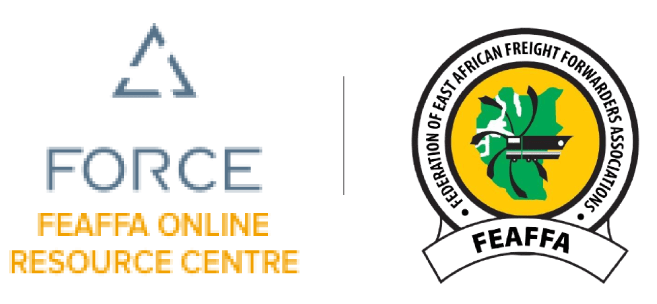Parties in International Freight Forwarding
FIATA – The International Freight Forwarders Association
- FIATA, the International Freight Forwarders Association, is the global organization representing the freight forwarding industry.
- FIATA has created standard documents and their electronic equivalents for use by freight forwarders worldwide including:
- Forwarders Certificate of Receipt
- Forwarders Certificate of Transport
- FIATA Warehouse Receipt
- negotiable FIATA Multimodal Transport Bill of Lading
- non-negotiable FIATA Multimodal Transport Waybill
- Shippers Declaration for the Transport of Dangerous Goods
- Shippers Intermodal Weight Certificate
- FIATA Forwarding Instructions
International Air Transport Association (IATA)
- IATA is a non-governmental organization representing the airline industry.
- IATA provides a standard approach for cargo facilitation and has developed several regulations including:
- Dangerous Goods Regulations (DGR) to prepare and document dangerous shipments.
- Live Animals Regulations (LAR) as a standard for transporting live animals.
- Perishable Cargo Regulations (PCR) as a reference guide for all parties involved in the packaging and handling of perishables for air transportation.
- For electronic communication, IATA has developed solutions through e-freight, such as IATA’s CARGO-IMP standards and XML messages.
International Chamber of Shipping (ICS) and International Shipping Federation (ISF)
- ICS and the ISF are the principal international trade association and employers’ organization for merchant ship operators, representing all sectors and trades and about 80% of the world merchant fleet.
- They represent the industry on trade facilitation issues, such as:
- maritime safety
- shipbuilding standards
- cargo liability
- shipping policy and free trade
International Road Transport Union (IRU)
- IRU is the world road transport organization representing the interests of truck operators (as well as the interests of bus, coach and taxi operators) for the mobility of people and goods by road.
- IRU is active in trade facilitation for road transport and aims to harmonize, as far as possible, all legislation currently governing road transport, in order to ensure inter-operability, avoid duplication and unnecessary confusion leading to costly delays, law infringements and fines.
International Union of Railways (UIC)
- UIC, the International Union of Railways, is a non-governmental organization representing the railway industry.
- UIC sets and publishes standards for railway sectors, such as for wagons, railway equipment and railway stations.
- UIC holds responsibility for the railway consignment note (the CIM).
- UIC has developed standards for the exchange of information between railway companies and railway infrastructure operators, called TSI (Technical Specifications for Interoperability).
Ship Message Design Group (SMDG)
- SMDG is a user group for shipping lines, container terminals and port authorities, and has developed standards for the maritime container industry, for the exchange of information of stowage plans and of individual movements of sea containers to, within, and from ports.
Learning Activities
- Discuss the key issues arising from the international conventions with regard to transportation of goods by road and sea.
- Compare and contrast The Hague Visby rules and Hamburg rules in relation to the obligations and liabilities of the carrier to the cargo owner.
Assignment
- Explain the roles of international conventions in freight forwarding.
- Explain the roles of a freight forwarder as a customs agent
